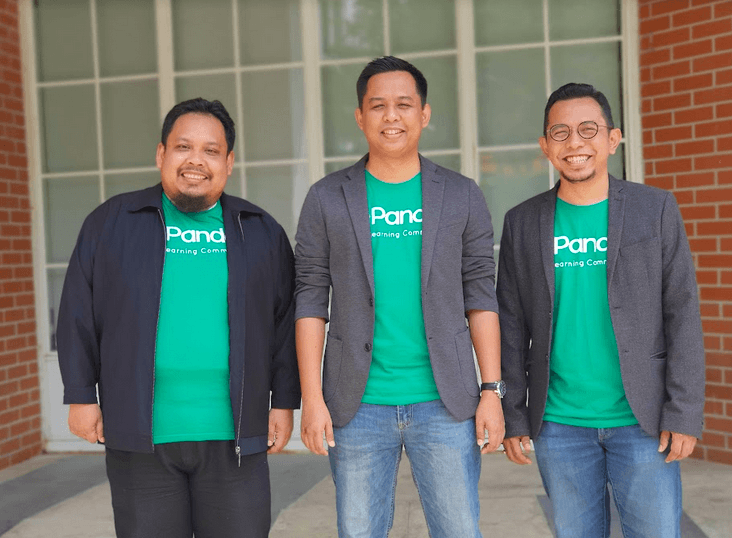AsiaTechDaily – Asia's Leading Tech and Startup Media Platform

Malaysian edtech firm Pandai secures $2m in funding
Pandai, a Kuala Lumpur-based education technology firm, recently raised a total of $2.03 million from a consortium of local and international investors.
The investors who participated in the round include Y Combinator, Global Founders Capital, 500 Global, Soma Capital Harvard, and Malaysian investors RHL Ventures, Falnas Capital, and Kembara Kapital.
Angel investors also included ex-Google director, unicorn startup founders, and prominent entrepreneurs from Malaysia, Australia, India, Indonesia, and the USA.
Khairul Anwar bin Mohamad Zaki, Pandai Co-founder, and CEO said, they launched Pandai in 2020 to make quality, personalized education accessible to every student.
“We are glad that investors believe in our vision and want to work together with Pandai to help improve the education system,” he added.
He also said they want to bring impact not only in Malaysia but also in other countries by expanding Pandai to other markets in the future.
The fund will be used to upgrade the app to deliver a better learning experience for school pupils, as well as aid their parents and teachers.
Pandai is also eager to cooperate with educational institutions and other education providers.
Prior to the present fundraising, Pandai became the first Malaysian edtech business to be admitted into the famed Y Combinator accelerator program, situated in Silicon Valley, USA.
Pandai (www.pandai.org) is a learning software that focuses on learning and assessment to help primary and secondary school students improve their academic performance. It was created in January 2020 by Khairul Anwar Mohamad Zaki, Akmal Akhpah, and Suhaimi Ramly, who has been in the education sector for the past 14 years.
Pandai allows children to study through gamified quizzes that are linked with the national curriculum. The artificial intelligence and machine learning algorithms used to analyze students’ strengths and shortcomings help them to determine their strengths and limitations.
The app also has dedicated modules for parents and teachers to track and support children’s progress. The startup today has over 300,000 students enrolled and prides itself on being a Social Enterprise that combines social impact with top business standards.





